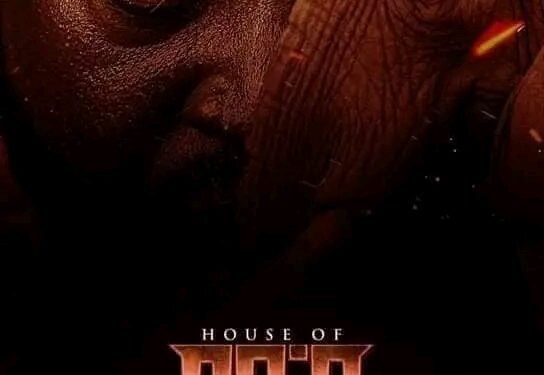Bolanle Austeen Peters is a filmmaker with an extraordinary gift: she brings history to life through her films. With her previous success, “Funmilayo Ransom Kuti,“ which captivated the entire internet, she has done it again with “House of Gaa.” This movie is a stunning historical drama.
On July 26th, Netflix released “House of Gaa,” a film expected to enrich the platform’s collection of African historical dramas. Directed by the renowned Bolanle Austeen Peters, the film boasts a stellar cast led by Femi Branch, who plays the formidable Bashorun Gaa. The film also stars well-known actors such as Funke Akindele, Toyin Abraham, and Ibrahim Chatta. “House of Gaa” dives into the history of one of the most notorious figures of the old Oyo Empire, echoing deeply with contemporary African politics.

The 18th Century Oyo Empire
“House of Gaa” is set in the 18th century, during the height of the Oyo Empire, one of the most powerful states in West Africa. The film focuses on Bashorun Gaa, the head of the Oyo Mesi (the council of Kingmakers), known for his ruthless ambition and tyrannical rule. His story is a real-life historical account brought vividly to the screen by Bolanle Austeen Peters.
Bashorun Gaa rose to power between 1750 and 1774, becoming one of the most powerful figures in the Oyo Empire. He oversaw the execution of four Alaafins (kings) who opposed him and was rumored to possess the ability to transform into any animal at will. Gaa’s ambition and power led him to become a tyrant, feared by all.
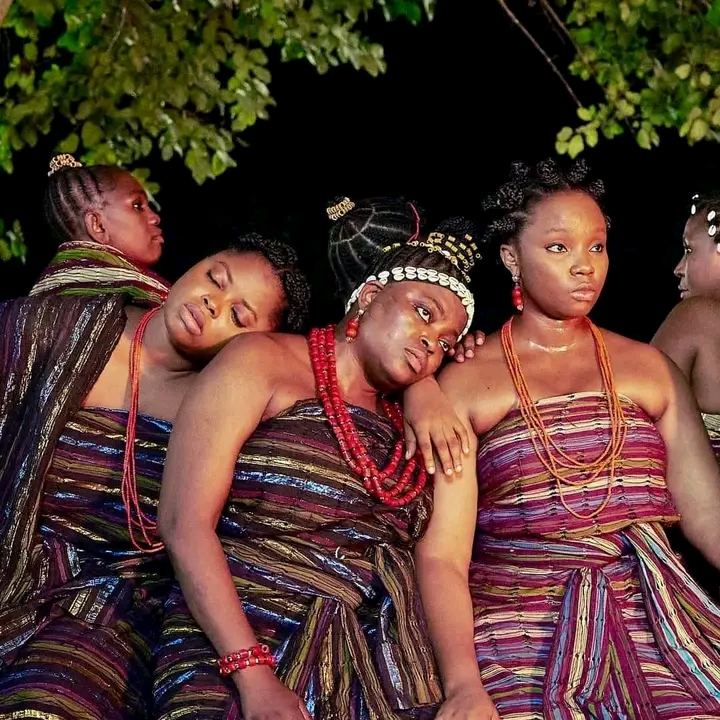
Bashorun Gaa’s power was so immense that he demanded the Oba Awonbioju prostrate before him. When the king refused, Gaa murdered him, demonstrating the extent of his ruthlessness. The unwritten constitution of the Oyo Empire granted the Bashorun significant power, rivaling that of the Alaafin himself. This power allowed Gaa to control the political machinery of the Oyo kingdom.
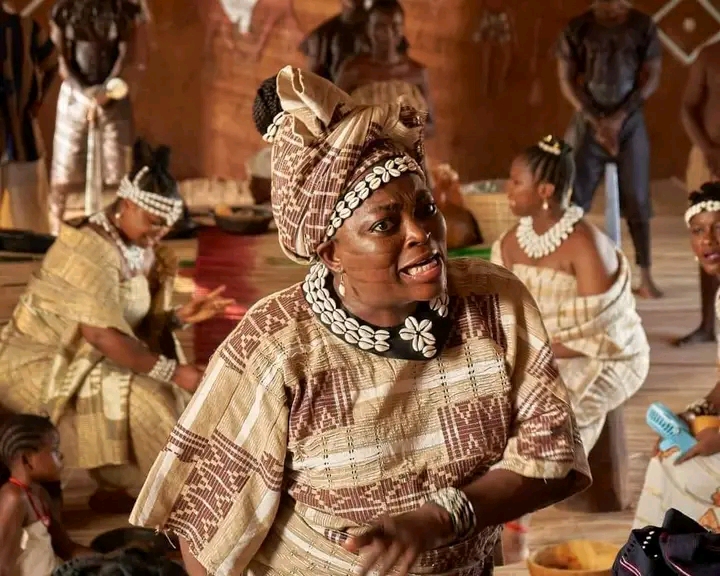
The Tyrant’s End
Bashorun Gaa’s reign of terror ended during the rule of Alaafin Abiodun (1774–1789). Gaa’s downfall began when he murdered Alaafin Abiodun’s only daughter, Agbonyin, for a ritual to cure his paralysis. This act led Alaafin Abiodun to secretly plot Gaa’s demise with the Are-Ona-Kakanfo, Oyabi from Ajaseland. Together, they succeeded in ending Gaa’s tyrannical rule, a story that Bolanle Austeen Peters captures masterfully.
Stellar Cast and Performances
The casting in “House of Gaa” is impeccable. Femi Branch as Gaa is perfect; he delivers the role with an intensity that is captivating. His expressions, defiance, and overall presence bring Bashorun Gaa to life in a remarkable way. Funke Akindele excels as the head of Gaa’s wives, and Mike Afolarin as Oyemekun delivers a good performance. The cinematography is particularly impressive, with scenes like Oyemekun stabbing Sasa and his intestines gushing out being exceptionally realistic. However, a disclaimer: if you don’t like blood and violence, this movie might be a bit intense.
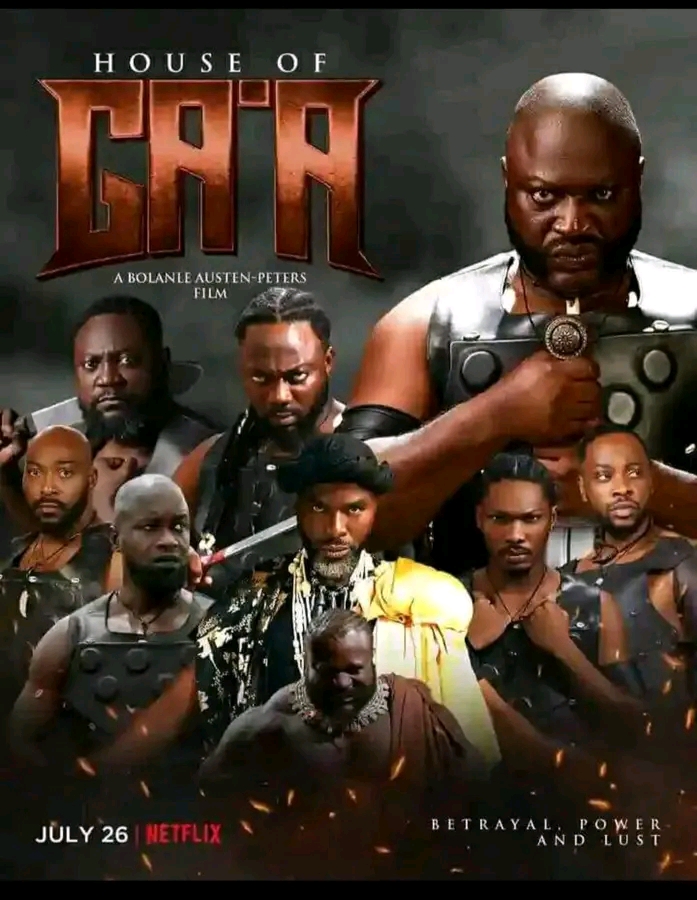
Historical Inconsistencies
Despite its many strengths, “House of Gaa” has some historical inaccuracies. The film’s ending, which suggests the involvement of the Fulanis in Ilorin during Gaa’s time, is incorrect. Historically, Ilorin was still a Yoruba province of Oyo during Gaa’s reign. It was much later that Afonja, the Aare after Oyabi, invited the Fulanis, leading to their eventual takeover of Ilorin. This misrepresentation might confuse viewers about the true historical events.

Language and Cultural Representation
Some viewers have noted that the Yoruba language used in the film features a modern “Lagos Yoruba” accent, which differs from the old Oyo accent. This modernization might detract from the historical authenticity for some audiences. Fans have started comparing this movie with the 2004 ‘Bashorun Gaa’ home video produced by the late Adebayo Faleti, which offers a more traditional portrayal.
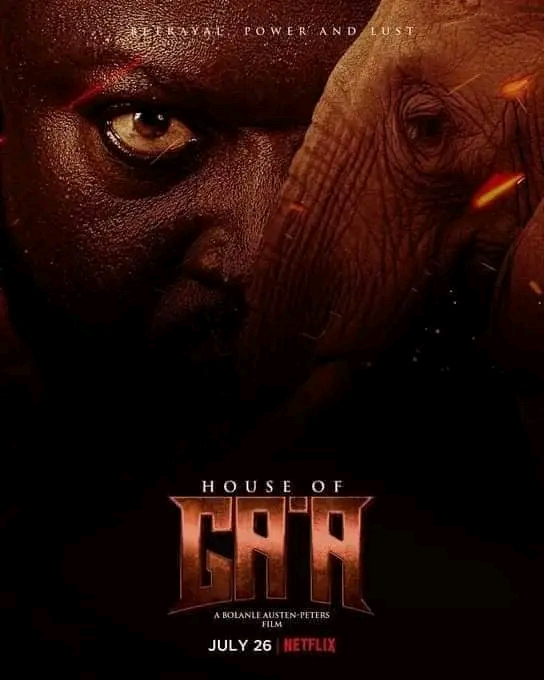
A Triumph Despite Flaws
Overall, I would rate “House of Gaa” a 9/10. It makes history engaging and accessible, a testament to Bolanle Austeen Peters’ talent. She is solidifying her place as one of the industry’s finest, with a unique ability to tell compelling historical stories. While the film has its flaws, its strengths far outweigh them, making “House of Gaa” a must-watch.

